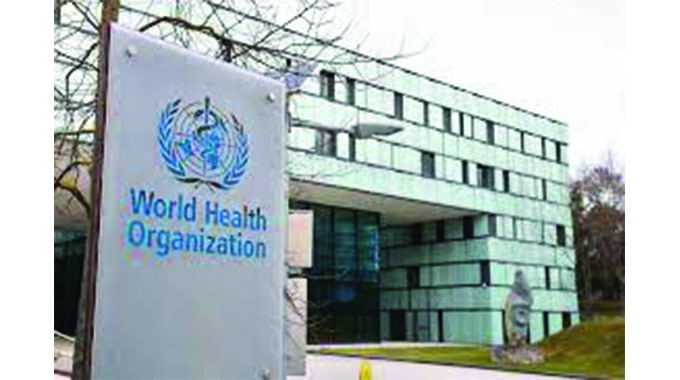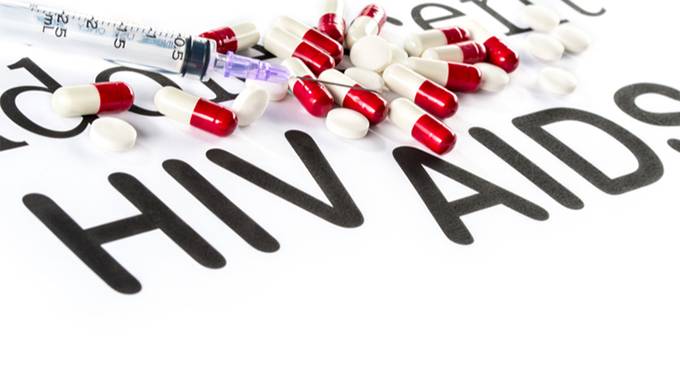Zimbabwe intensifies HIV/AIDS fight

Mukudzei Chingwere in Dar es Salaam, Tanzania
Zimbabwe has registered considerable success in the quest to end HIV in children through the way it targets pregnant women and is now urging global peers to embrace the strategy.
This came up at an experts’ meeting of the Political Launch of the Global Alliance to end HIV in children by 2030, which is being held in Dar es Salaam under the auspices of UNAIDS, the World Health Organisation (WHO), UNICEF and other development partners.

World Health Organization (WHO)
The experts’ meeting was laying the foundation for political leaders’ meeting which is due to start today, with Vice President and Minister of Health and Child Care Constantino Chiwenga scheduled to lead Zimbabwe’s participating team at the launch.
Speaking at yesterday’s meeting, national coordinator prevention of mother-to-child transmission Dr Angela Mushavi said a blanket approach of treating expectant mothers as a uniform lot with the same levels of message processing will not do the world any favour in the fight against HIV in children.
Dr Mushavi, who is also the National Coordinator Pediatric HIV Care and Treatment, said Zimbabwe had moved to a more audience specific approach tailor made to best suit the needs of the targeted expectant mother.
For example, said Dr Mushavi, one could not use the same approach and same message when dealing with a younger expectant mother as with a relatively older one and expect to get the same best results.
Prevention of mother-to-child transmission and pediatric HIV care and treatment are at the core of any serious approach to ending HIV in children.
Dr Mushavi said Zimbabwe had adopted young mentor mothers who assisted to convey messages to fellow young expecting mothers, a project which she said had yielded positive results.
She noted that their work had been made a lot easier by high level political commitment in the country.
“Our approach needs to target the adolescent girls, young women and the young mothers because when we look at our data we find that the HIV positive pregnant and breastfeeding women, the majority of them are less than 30 years,” said Dr Mushavi.

HIV and Aids
“We are now seeing this phenomenon of very young girls coming in pregnant and sometimes they come in late when they are pregnant. We must have focused approach which is youth friendly in order to win over these young parents not to exclude them.
“Previously, we used to say you are pregnant and we cared for them the same, but now we have to differentiate our care and target this vulnerable population of adolescent and young women. We also employ a differentiated service delivery model targeting young mothers. We have what we call the young mentor mothers, young people who have gone through the PMTCT programmes.
“They are trained and then they support other young mothers who are pregnant so that they can speak the same language and then scale up services to prevent HIV in their children, or if their children are infected, to make sure the children receive care.”










Comments